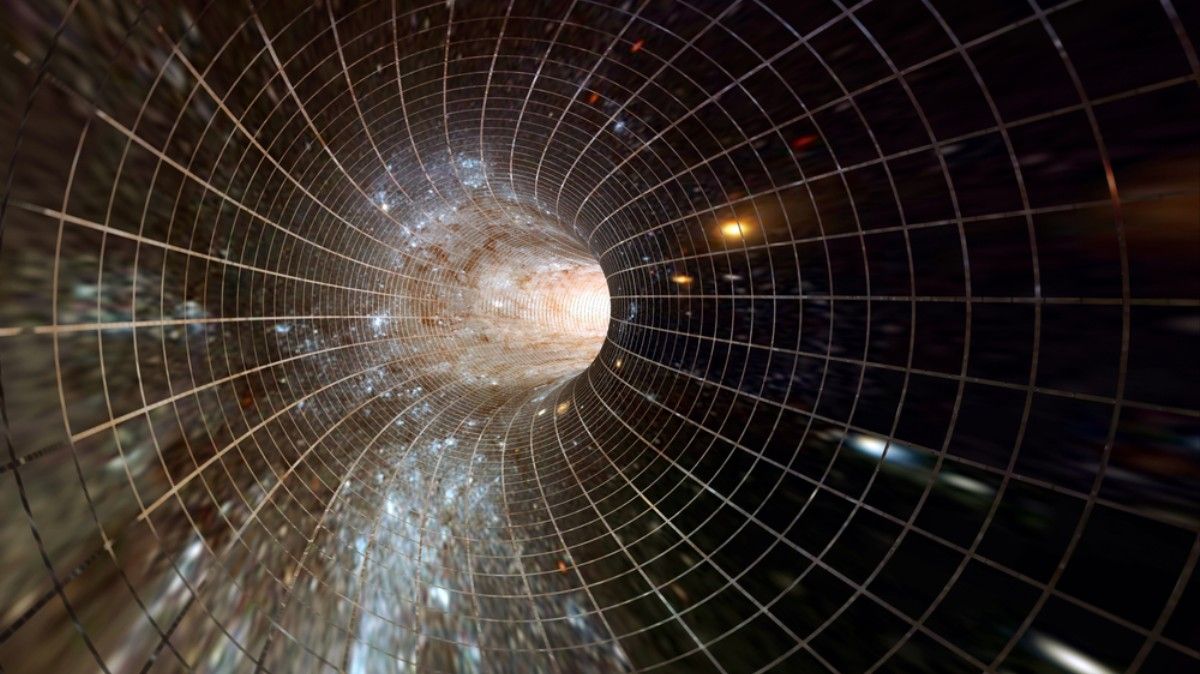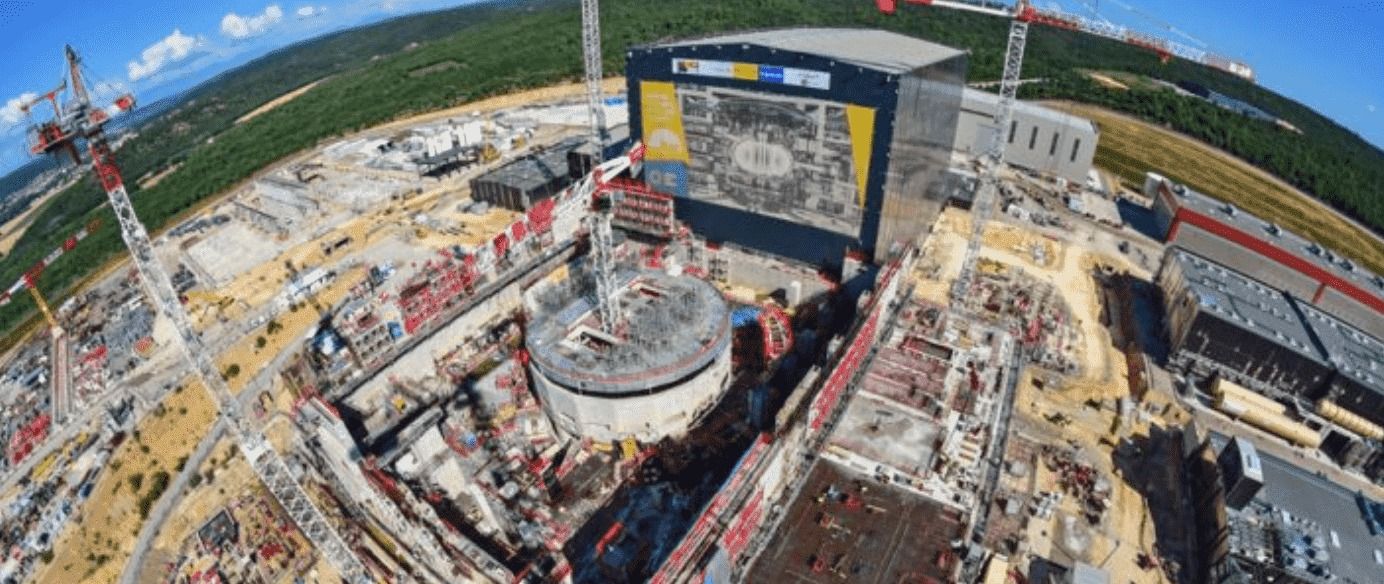Today’s hottest solar tech is all about supporting old-fashioned silicon panels.









The universe is filled with uncountable amounts of mystery, discovery, opportunity, experiences, marvels and more. So, let’s not die if we don’t have to.
It’s much harder to make the case that radical longevity cannot be engineered into our biology than that it can. Humanity engineers cells in countless ways all the time now, and our knowledge, capability and tools keep growing exponentially.
Now, a mainstream amount of demand to create a bustling global industry of life extension R&D is the only thing standing between you and the ability to live indefinitely.” — Eric Schulke
Fifteen thousand years worth of Netflix are watched every day. Fifteen billion dollars are spent on the Super Bowl and fifteen billion dollars are spent on Valentine’s day. Those aren’t bad things but we need some perspective. Survival is humanity’s main and oldest occupation. We have what it takes to survive if we pay attention and get with the program.
“Yes, the future is transhumanism. Who would ask ‘Is the future being alive and prosperous?’ As if anyone should expect humanity to work for a future of hardship and death.” — Ray Keyes
People suffer in great existential voids these decades, not only do they need life, they need deep meaning and purpose. The movement for indefinite life extension is giving them both.

In 2017, Nextbigfuture said that the ITER tokamak fusion project would cost $45–60 billion more than the claimed $22 billion construction budget and US Department of Energy (DOE) agrees with a far higher cost estimate. On April 11, 2018, Paul Dabbar, DOE undersecretary for science, provided a $65 billion estimate to the Senate Appropriations subcommittee on energy and water development. The $65 billion covers construction alone and annual operating costs once experimental operations begin in 2025 aren’t included.
The day after Dabbar’s testimony, the European Union Council of Ministers endorsed ITER’s nearly two-year-old baseline estimate, which covers construction from 2007 to full completion in 2035. Including a 10% contingency to account for overruns, ITER’s cost to EU members is €11.7 billion ($14.5 billion). As host, the EU is paying 46% of ITER’s cost, five times the share of each of the other six partners: China, India, Japan, Russia, South Korea, and the US.
The budget they talk about is 20 billion euros. This does not include the cost of the hardware only the bureaucratic management costs and the costs of assembly. The donated hardware is not included. The budget is only to get ITER to 2035.
